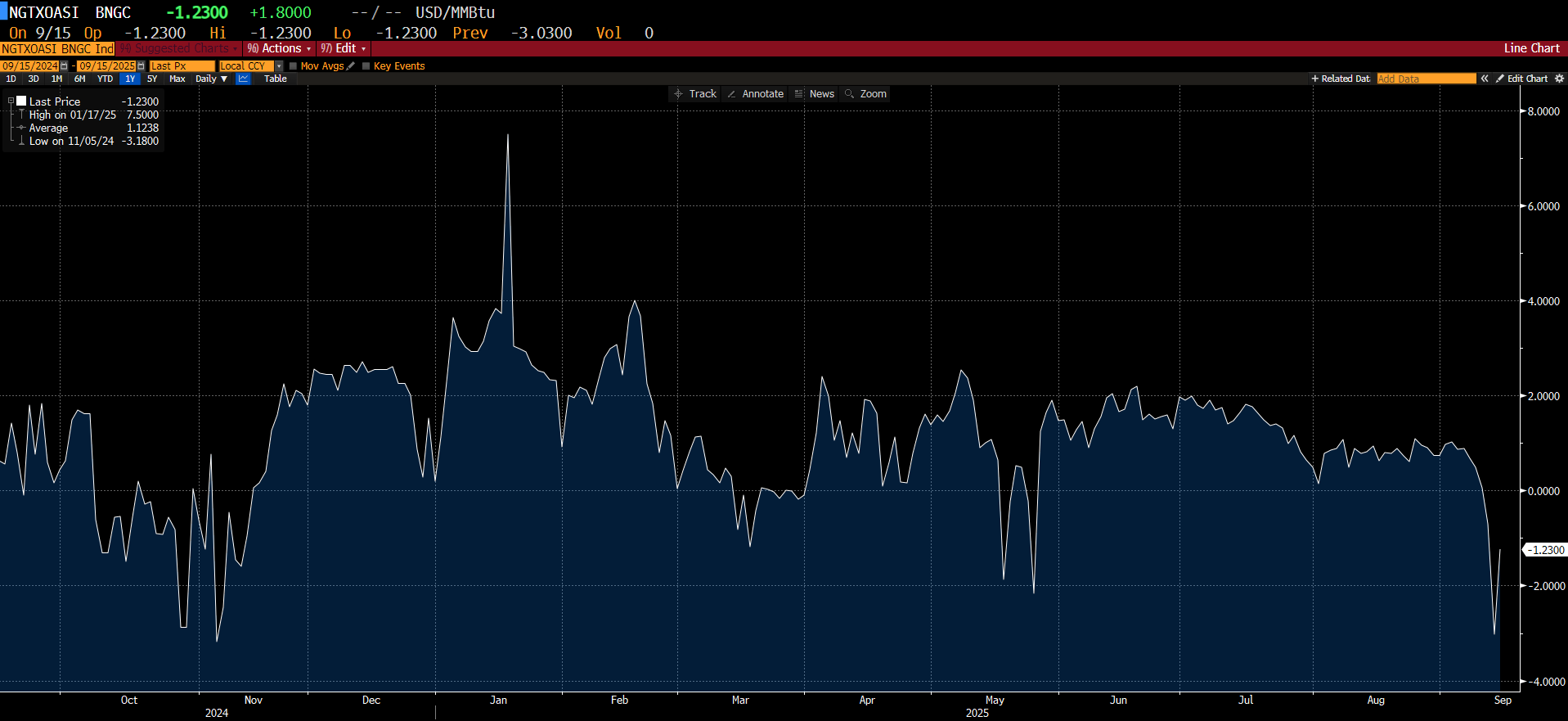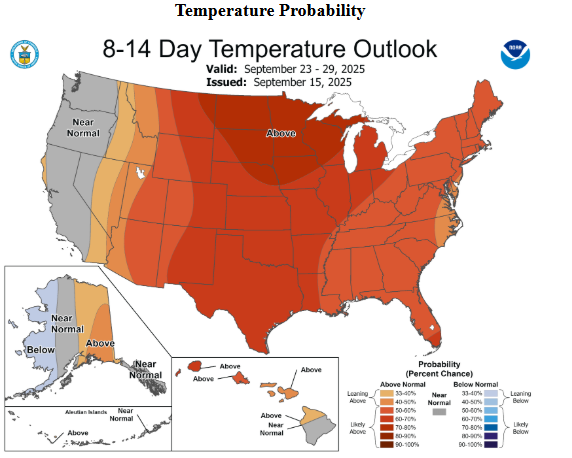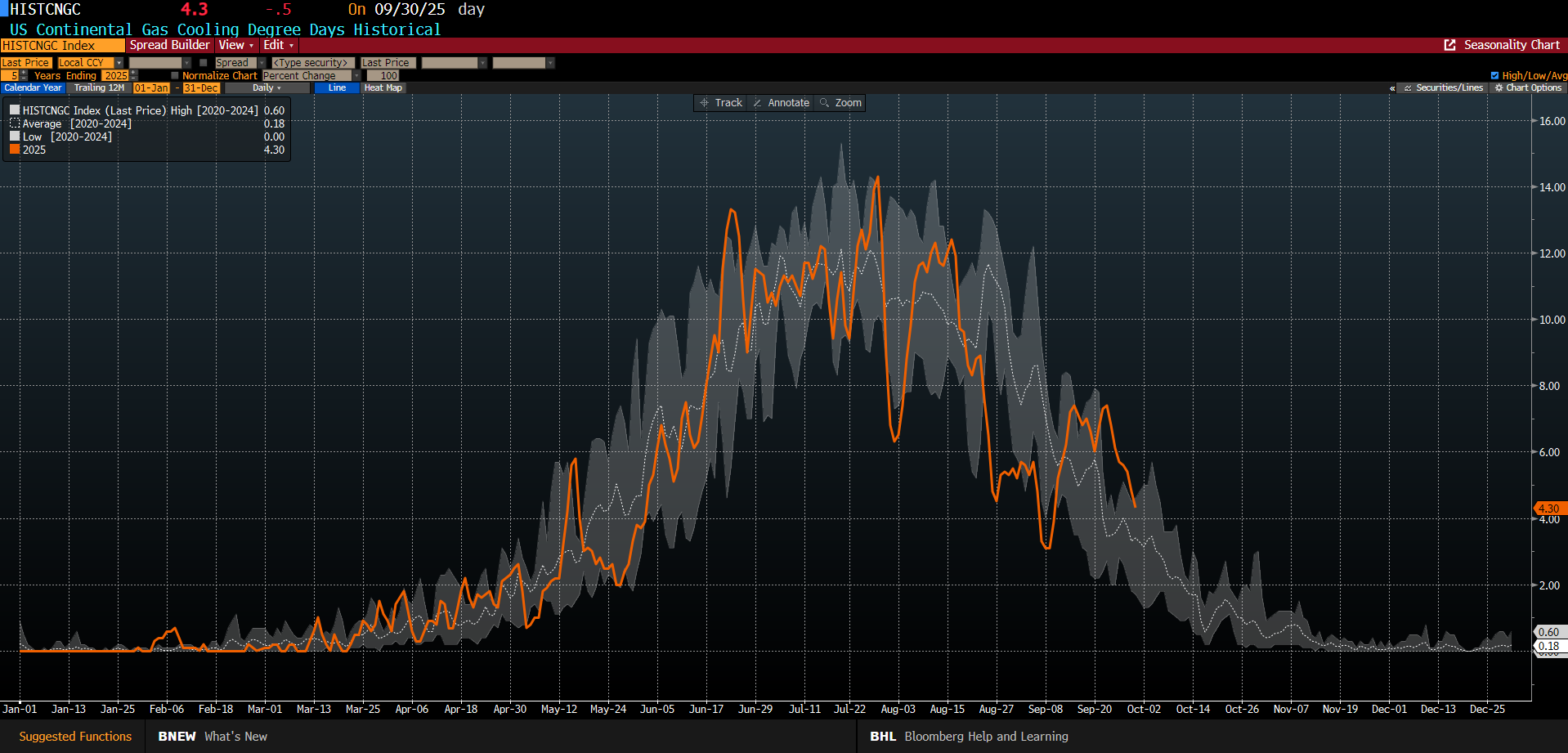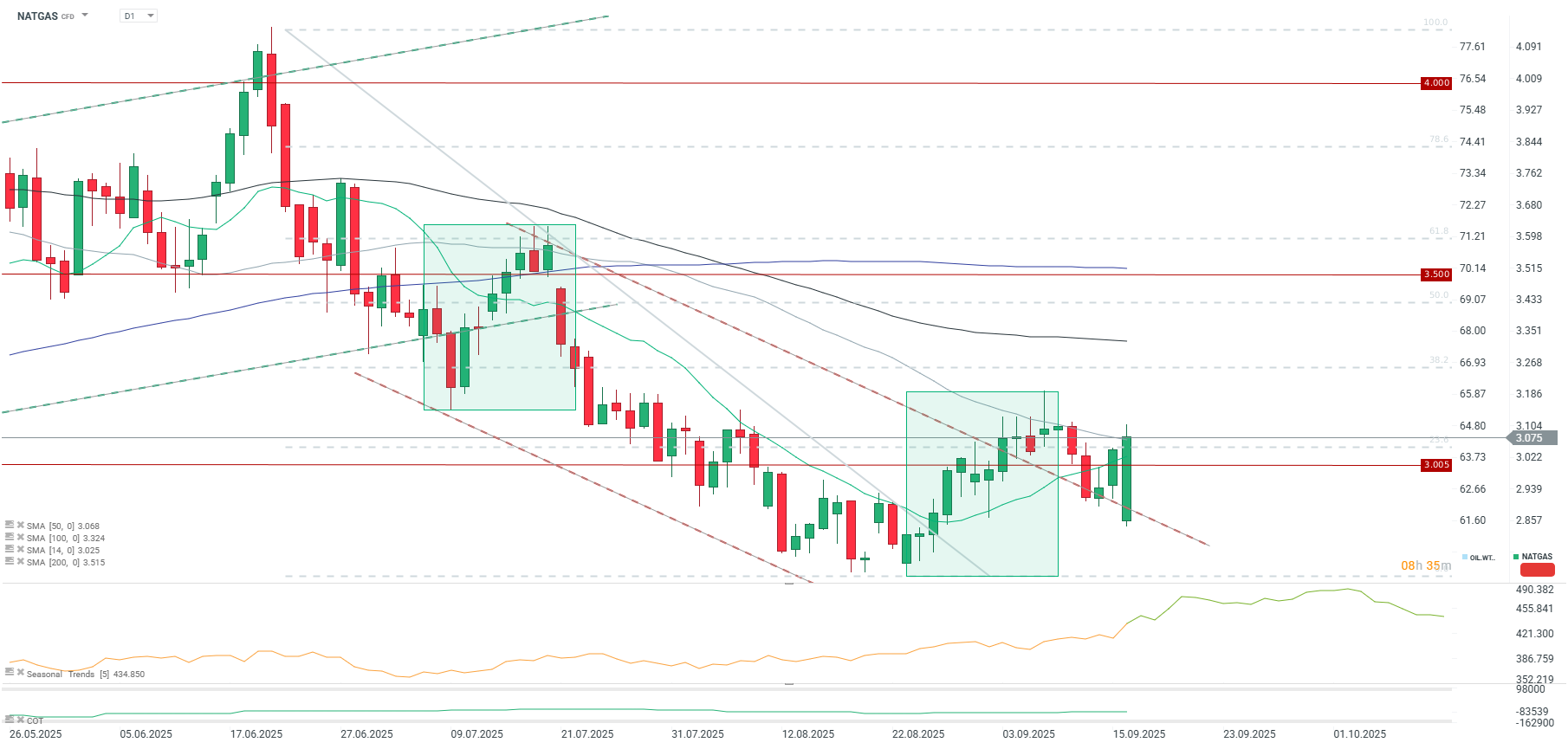Today’s volatility in US natural gas markets appears highly perplexing. Following yesterday’s strong price rally, the market opened below $2.9, but quickly recovered above $3.0, once again breaching its 50-period moving average. The recent price increases have been driven by concerns over heightened demand due to anticipated "heat waves," yet prices opened lower today amid confusion surrounding the US pipeline system and overproduction. What is happening in the US gas market?
Negative Prices in Texas
Natural gas prices at the West Texas Waha Hub have plunged into negative territory, reaching as low as -$3.00/MMBtu, the lowest level in 14 months. This situation is the result of significant local oversupply and constraints on pipeline capacity. Negative pricing means that producers are paying consumers to take the gas, as they lack sufficient storage options. They prefer to pay for its removal rather than process it or resort to flaring. Kinder Morgan is currently conducting maintenance on several pipelines, which is preventing gas from being transported from the Permian Basin to key demand centres in the Gulf Coast and California. The Permian region is currently experiencing a strong overproduction that cannot be absorbed by the existing transmission infrastructure. The Henry Hub price reacted to the negative prices in the Waha Hub due to partial arbitrage, but quickly resumed its upward trend, given the reduced availability of gas from Texas and the increasing likelihood of a demand rebound in the coming weeks.
 Waha Hub prices fell below -$3.00/MMBtu. Source: Bloomberg Finance LP, XTB
Waha Hub prices fell below -$3.00/MMBtu. Source: Bloomberg Finance LP, XTB
Weather Points to a Possible Demand Rebound
We are currently in a transitional period, between demand for cooling and demand for heating. Nevertheless, gas consumption for cooling has recently seen an uptick, which is also delaying the start of the heating season. However, prices are reacting primarily to the former factor. On Monday, gas production reached 108.7 bcfd, a 7% increase year-on-year, while demand was 71.8 bcfd, up 2.0% year-on-year. Last week, the EIA raised its forecast for average US production to 106.63 bcfd.

US temperatures are once again expected to be above normal. Source: Bloomberg Finance LP, XTB
 Cooling degree days have recently rebounded significantly and stay above 5-year average, but the overall trajectory remains downward. Source: Bloomberg Finance LP, XTB
Cooling degree days have recently rebounded significantly and stay above 5-year average, but the overall trajectory remains downward. Source: Bloomberg Finance LP, XTB
Price at a Key Technical Point
The price surged yesterday to around $3.00/MMBtu, and today it is breaking through the 50-period moving average, also returning above the 23.6% retracement of the last downward wave. If the price remains above this level during today's session, it could attempt to test the $3.1-$3.2/MMBtu range. However, if it closes below, downward pressure could re-emerge, particularly ahead of Thursday’s inventory report, which is expected to show another strong build that could bring inventory levels closer to last year's. Current inventories are only 1.3% lower than a year ago.


Daily Summary - Powerful NFP report could delay Fed rate cuts

BREAKING: Massive increase in US oil reserves!

US OPEN: Blowout Payrolls Signal Slower Path for Rate Cuts?

BREAKING: US100 jumps amid stronger than expected US NFP report


